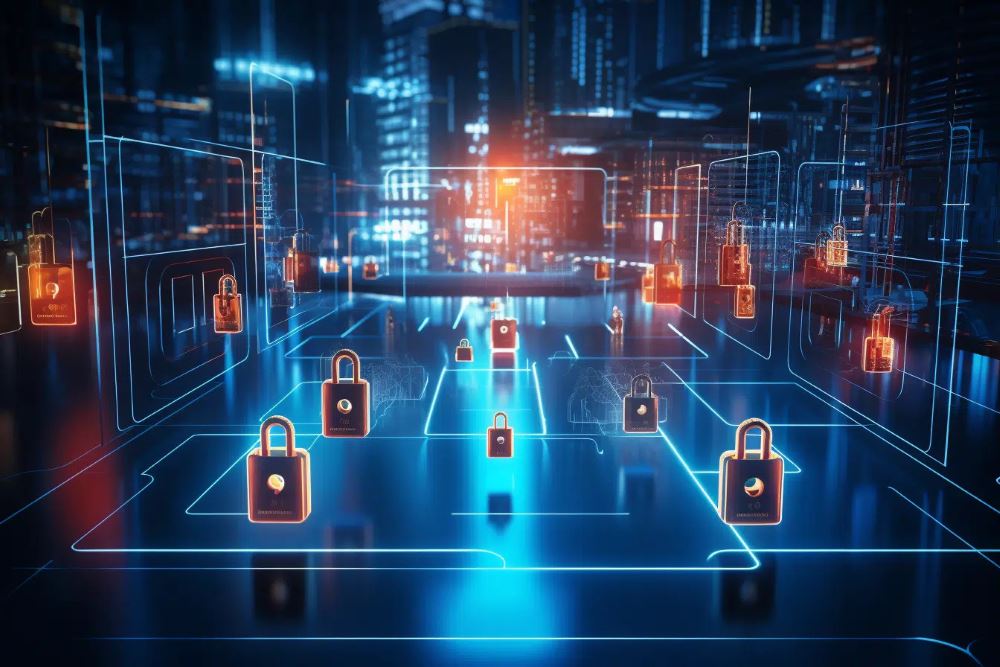
Many industries are undergoing a significant transformation, leaving behind traditional approaches in favor of digital methodologies. Among these sectors, the vehicle titling industry stands out as a prime example of this transition. Leveraging the power of secure digital platforms, such as West Virginia DMV’s digital title and registration system, vehicle retailers, lenders, insurance carriers and citizens are the beneficiaries of a completely modernized management platform, gaining access to online, mobile, and contactless services.Beyond streamlined functionality, digital titling plays a crucial role in bolstering security measures, effectively thwarting fraudulent activities and unauthorized breaches. Consequently, a robust and forward-looking alternative to the conventional Department of Motor Vehicles (DMV) procedures has taken center stage.
Fraud in the automotive industry often involves manipulating vehicle ownership records, a persistent concern. Digital vehicle titling and registration systems offer a promising solution. Employing advanced security like blockchain technology bolsters ownership data integrity by creating a tamper-proof ledger. This revolutionary tech brings numerous benefits to citizens, spanning from initial purchase through ownership to eventual sale. Blockchain guarantees seamless title transfer, establishing impeccable record-keeping and secure data monitoring. This innovation enhances security and efficiency, reducing vulnerability to fraud and errors.
Advantages Over Traditional DMV Methods
Transitioning from the conventional DMV approach to digital vehicle titling and registration systems offers several distinct advantages in terms of security. The DMV's reliance on physical paperwork and manual data entry leaves ample room for human error and fraudulent activities. Documents can be easily forged, and clerical errors might lead to discrepancies in records. Conversely, digital systems eliminate these vulnerabilities by ensuring accuracy through automated data inputs and real-time verification processes. This minimizes the chances of unauthorized access or manipulation of records.
The geographical limitations of traditional DMV offices often lead to delays and inconvenience for vehicle owners. Digital systems transcend these limitations by allowing individuals to access and update their vehicle information remotely. This not only enhances customer satisfaction but also reduces the risk of identity theft associated with sharing sensitive documents in physical spaces. Storing digital titles on the blockchain could also drastically reduce processing time from days or weeks to mere minutes or seconds. In fact, in states where the digitization of vehicle titles and registrations has been adopted, consumers benefit from the system's ability to significantly diminish the time spent at each titling stage, encompassing data entry, review, and approval, for all participants involved in the process.
Forging Ahead with Confidence
The integration of advanced security measures in digital vehicle titling and registration systems ushers in a new era of trust and efficiency in the automotive sector. The adoption of blockchain, bolsters the safeguards against fraud and unauthorized access, mitigating the vulnerabilities intrinsic to traditional DMV methods. The distinctive features such as decentralized data distribution, inherent security, and the automated encoding of database record updates, encompassing elements like liens, insurance, ownership transfers, and tax payments, result in a solution that outperforms offerings from competitors.
As the business landscape continues to evolve, embracing these technological advancements not only streamlines processes but also exemplifies a commitment to the security and well-being of both businesses and consumers. The distinctive features such as decentralized data distribution, inherent security, and the automated encoding of database record updates, encompassing elements like liens, insurance, ownership transfers, and tax payments, result in a solution that outperforms the current paper-based way.